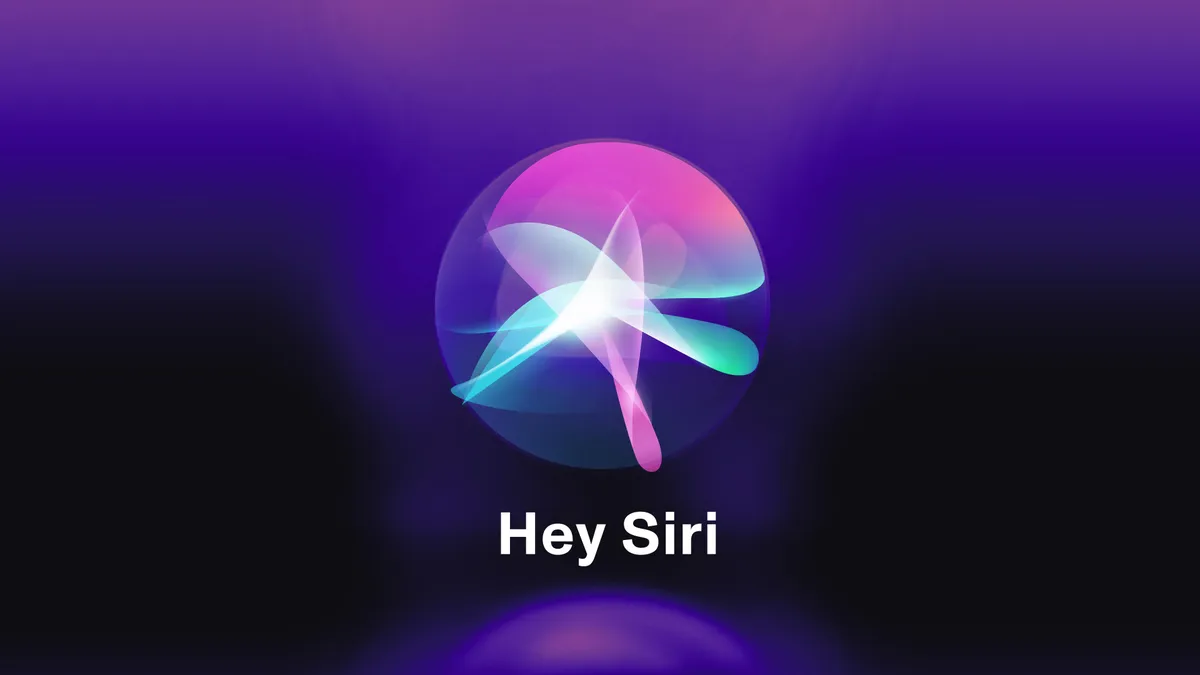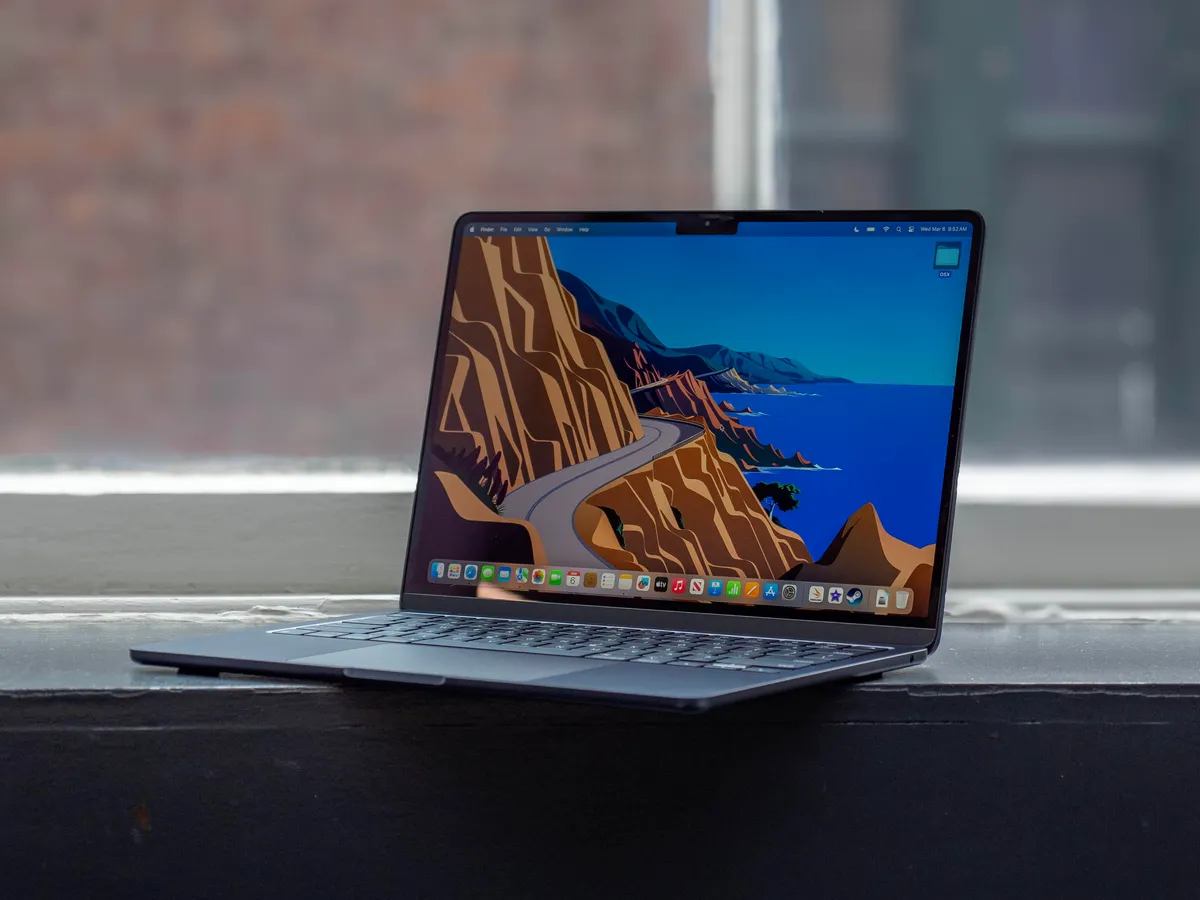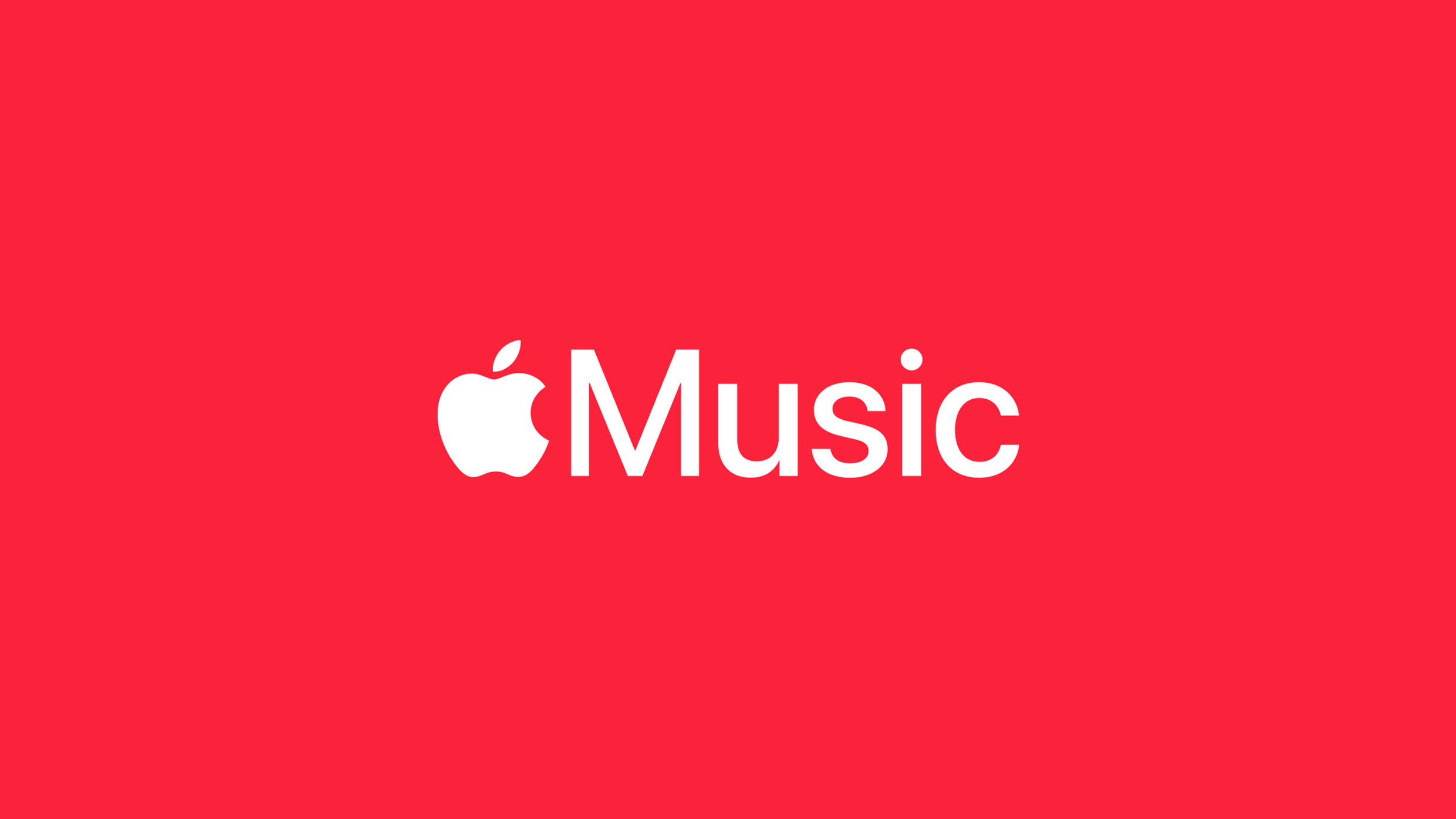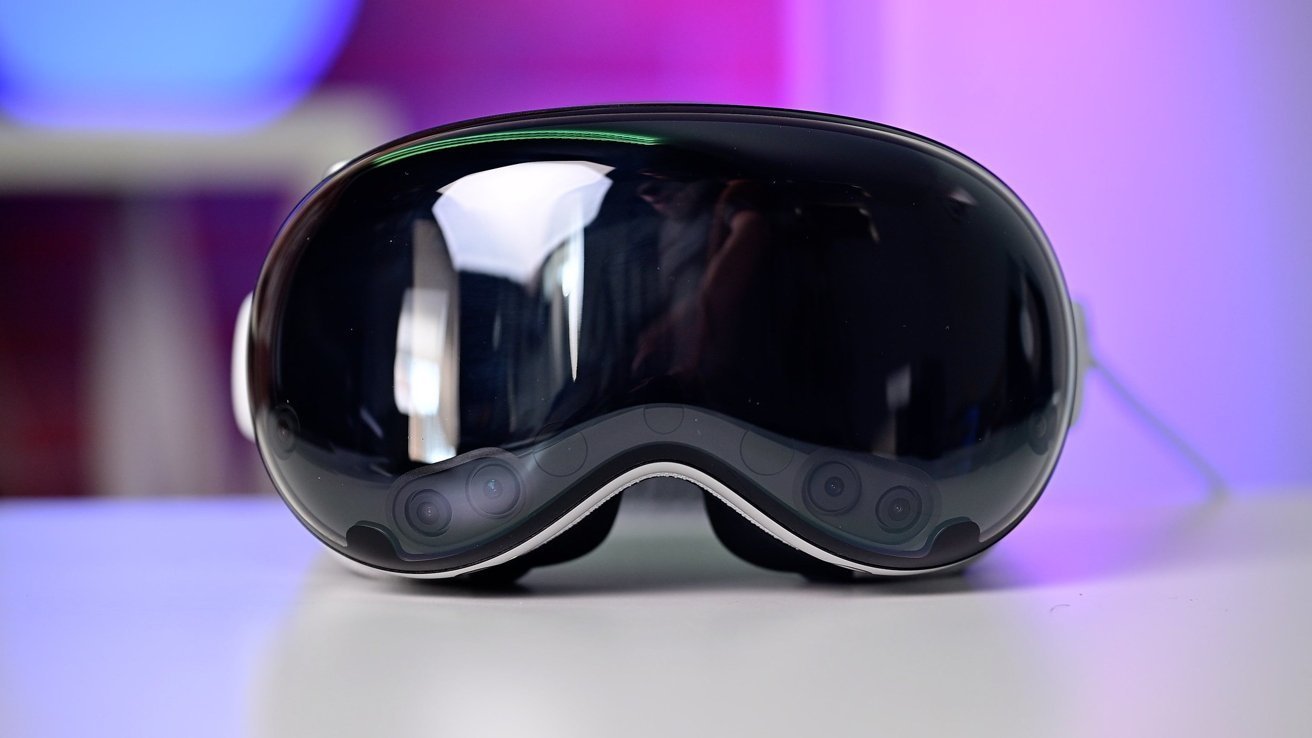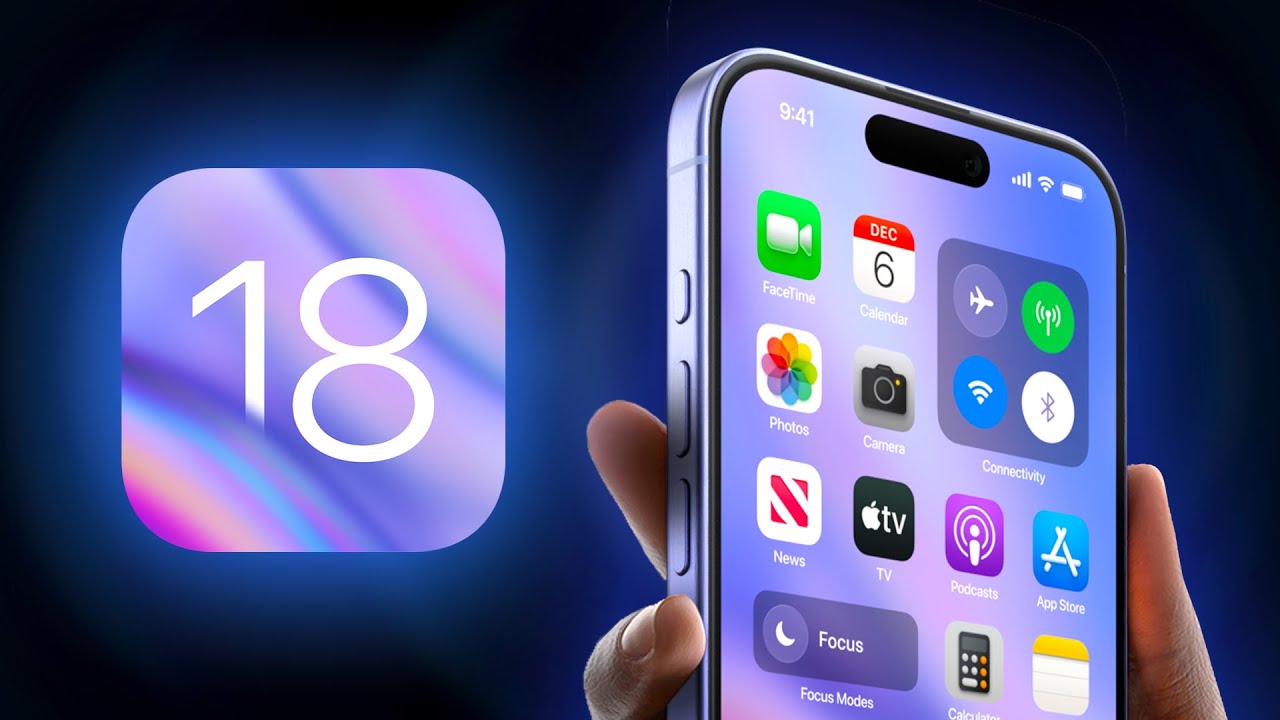Apple’s suppliers are getting ready for the release of new versions of the iPad Air, MacBook Air, and a basic iPad model.
According to a report from DigiTimes, the supply chain started sending out these new devices in December. While we don’t know the exact date they’ll be available, Bloomberg’s Mark Gurman has said these new gadgets will hit the market by March or April 2025, possibly even sooner. Gurman also mentioned that a new iPhone SE might be announced this week.
A report from a Taiwanese publication, which requires a subscription to read, hinted that these new devices will switch to chips made by Apple. Since Apple already designs its own chips for Macs and iPads, this might mean they’re talking about a new Wi-Fi and Bluetooth chip. However, Gurman had previously mentioned that this change might not happen until 2026.
Gurman also noted that Apple’s new Wi-Fi chip will support Wi-Fi 6E. It’s not clear yet if this will make much difference for users compared to the current Wi-Fi chips from Broadcom. The main advantage could be in how much battery it uses.
The new MacBook Airs, coming in 13-inch and 15-inch sizes, are expected to use the M4 chip. The iPad Air might get the M3 chip, and the basic iPad 11 could either have the A16 chip or the A17 Pro chip. Apart from these chip updates, there aren’t expected to be many other big changes to these devices.

